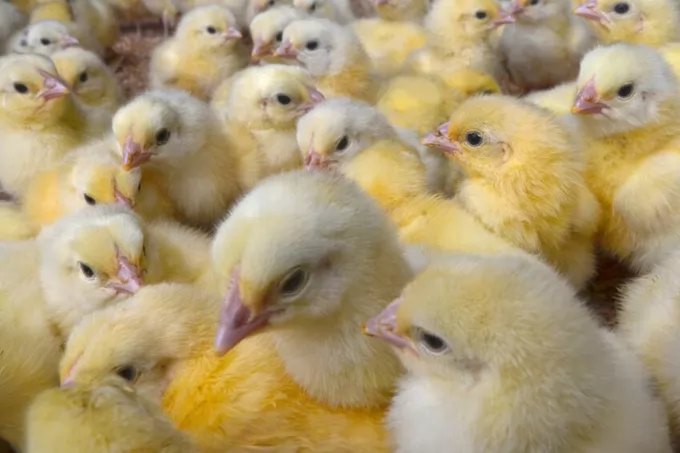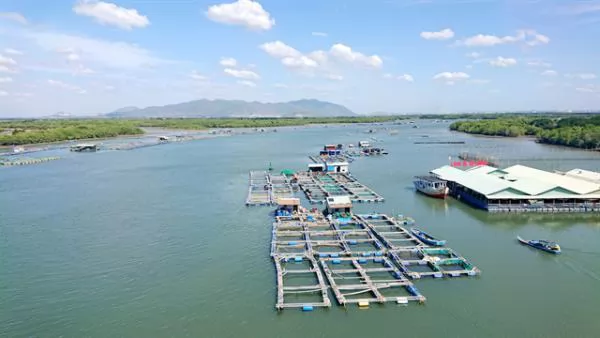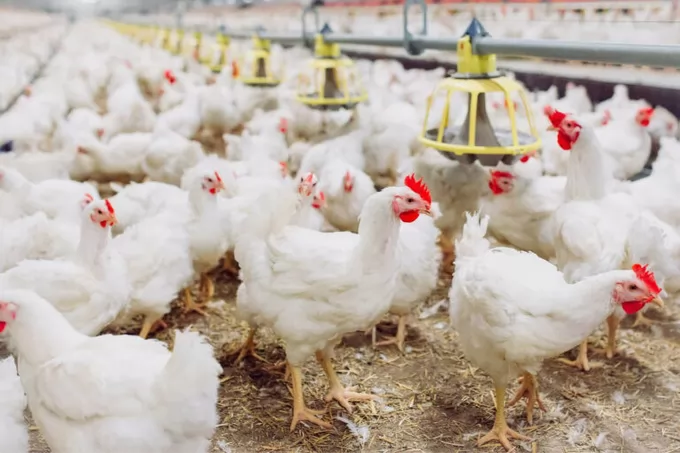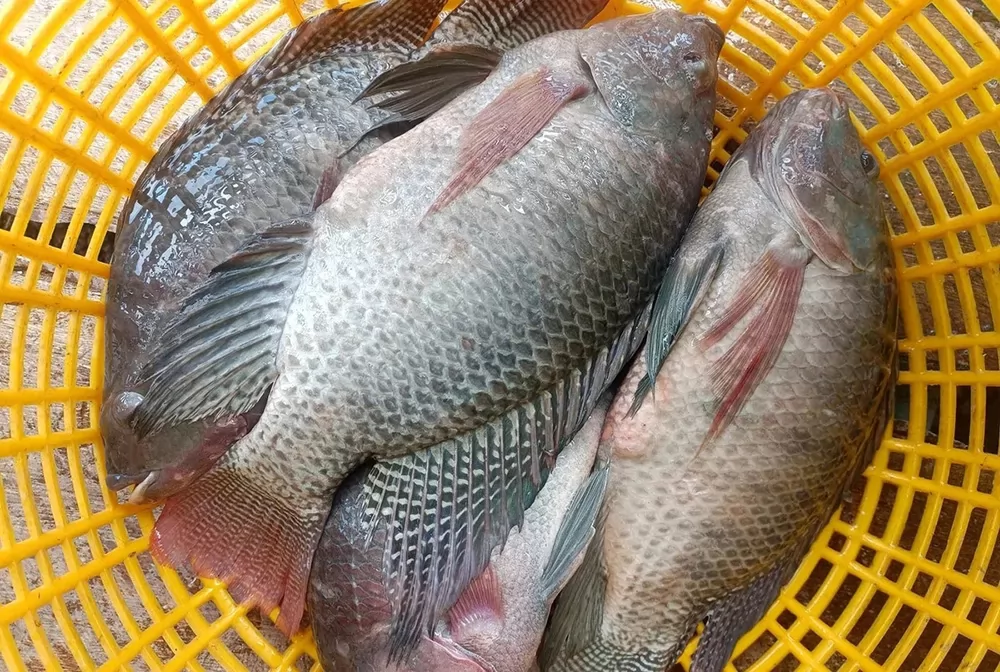Intensive farming and the risk of new pandemics

The new study highlights the expansion of intensive farming and the resulting environmental degradation as factors which can raise risks. Photo: Canva
(VAN) Intensive livestock farming could raise the risk of new pandemics, according to researchers.
Industrialised farming is often thought to reduce the risk of zoonotic diseases (those transmitted from animals to humans) because of better control, biosecurity and separation of livestock.
The new study, led by the University of Exeter, examines the effect of social and economic factors – which are often overlooked in traditional assessments. It finds that the effects of intensifying agriculture “are at best uncertain and at worst may contribute to emerging infectious disease risk”.
Lead author Professor Steve Hinchliffe, from the University of Exeter, said: “The Covid-19 pandemic reignited interest in emerging infectious diseases, especially zoonotic viruses. The risks of emergence and transmission depend on multiple factors, including contact between humans and animals, and how we use land. Livestock farming plays a potentially significant role in those risks, shaping landscapes and providing hosts that can act as the source or amplifiers of emerging pathogens.”
Social, economic and political factors
While such risks are usually assessed in terms of microbiological, ecological and veterinary sciences, the new study highlights the need to consider social, economic and political factors.
“Disease is always more than a matter of pathogen transmission, contact and contagion,” Professor Hinchliffe said. “The founding myth in intensive farming is that we separate livestock from wildlife and thereby shut off the risk of diseases passing between them. But these farms exist in the real world – so buildings and fences can get damaged, wildlife like rats or wild birds can get in, and workers move around. In short, there will always be accidents.”
Hinchliffe continued to say that once social, economic and political factors are taken into account, the pandemic risk posed by intensive farming is concerning.
Environmental degradation and biosecurity
The paper highlights the expansion of intensive farming and the resulting environmental degradation as factors which can raise risks. It also says intensification leads to a “mixed landscape” with a variety of farming practices and types, which creates the “worst of all possible worlds in terms of emerging infectious disease risk”.
On biosecurity, the paper says some farm businesses find the costs “debilitating”, while regional variations also have an impact. For example, European farm buildings can be old and costly to maintain, large US farms tend to be open-air concrete structures with netting (to avoid the need for air conditioning), and in subtropical areas biosecurity is balanced against the need to reduce overheating of animals.
“The result is a far from bio-contained environment,” the authors write. They also note the close ties between large food companies and national authorities, suggesting “regulatory capture… and the difficulty of decoupling interests”.
Socio-cultural impacts
Co-author Dr Kin Wing (Ray) Chan said: “Increasing on-farm biosecurity, standardisation, and efficiency in farm animal production is not the panacea for achieving a disease-free environment. Rather we need to reconsider the socio-cultural impacts of intensifying farm animal production on planetary health, environmental sustainability and animal welfare issues.”
HD
(PW)
Maybe you are interested

Bà Rịa - Vũng Tàu protects marine resources, develops aquaculture
BÀ RỊA - VŨNG TÀU - The southern province of Bà Rịa - Vũng Tàu is protecting seafood resources and developing aquaculture sustainably, with local authorities preventing destructive fishing activities and encouraging farmers to apply advanced techniques.

Black soldier fly larvae research boost for UK poultry sector
Funding totalling £3 million has been granted to a UK consortium which will utilise advanced technologies and black soldier fly larvae to improve poultry welfare and promote sustainability in the industry.

The US accounts for more than half of Viet Nam's tilapia export value
Tilapia exports to the United States posted exceptionally strong growth in 2025, making the U.S. the largest market for Vietnamese tilapia.





